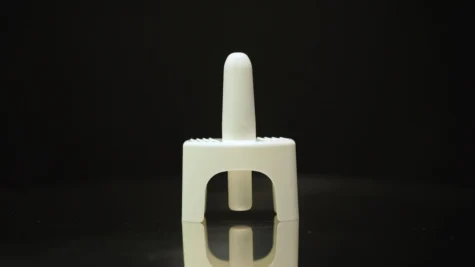When we try to understand human behavior, we often see addiction and trauma tied closely together. Their relationship might be complex, but figuring it out is vital to successful healing and recovery. Continue reading to explore the addiction and trauma recovery links, which are often not discussed openly because of the many stereotypes that surround them.
The Connection Unveiled
Many stories of addiction share a familiar, silent character: trauma. It’s no coincidence that substance use often goes hand-in-hand with traumatic experiences. Through clinical observations, research has shown time and again that people may turn to drugs or alcohol in an attempt to numb their pain or manage overwhelming emotions.
Recognizing this connection is a crucial step toward recovery and healing.
The Vicious Cycle
Many people who experience traumatic events are likely to rely on drug use as a way of dealing with their situation. This attempt at self-medication may bring temporary relief but does not confront the root source of the trauma, which can lead to a cycle from which it is difficult to escape.
Breaking Down the Statistics of Trauma’s Impact on Addiction
Recent statistics indicate that a substantial number of individuals experiencing substance use disorders have experienced traumatic events in their lives at some point in time.
This intersection between trauma and substance abuse has become an essential focus for treatment institutions offering integrated drug rehab services.
Addiction Recovery Through Understanding
Recognizing addiction and trauma linkage plays a significant role in one’s path to recovery from substance abuse. An all-inclusive approach involving both aspects of treatment can significantly enhance the effectiveness of any existing advance toward the addiction recovery effort. These include:
- Trauma-informed care: Treatment programs that consider individual clients’ past traumas can offer a safe environment for them to heal.
- Evidence-based therapies: Cognitive behavior therapy (CBT) and dialectical behavior therapy (DBT) can help clients develop better coping mechanisms.
- Family involvement: Because addiction or trauma does not affect only a person but also their family, engaging family members in family therapy is valuable.
- Group therapy: Peer support can be critical in recovery as individuals can learn from each other and feel less alone.
- Holistic approaches: Incorporating yoga, meditation, and mindfulness into treatment can help clients address underlying issues and promote overall well-being.
By blending these techniques, treatment programs can offer holistic care that tackles not just the addiction but also any underlying traumas or mental health concerns. This comprehensive strategy acknowledges that everyone’s path to recovery is distinct and needs tailored care. It highlights the need to treat the whole person, not just a single facet of their challenges.
With such an inclusive approach, people stand a better chance of achieving lasting success on their recovery journey.
Southern Sky Recovery: A Beacon of Hope
At Southern Sky Recovery, we acknowledge this profound connection between addiction and trauma recovery. Our treatment center focuses on families and is devoted to compassionate care that addresses both sides of the intricate relationship between trauma and substance abuse.
We are equipped to help people at any stage of their recovery through intensive outpatient programs (IOP), partial hospitalization programs (PHP), and outpatient care.
Diverse therapeutic options are available for our clients, customized to fit each individual’s unique needs. By offering services like medication-assisted treatment, drug intervention programs, as well as DBT/CBT therapy for families, couples, and individuals.
Your Path to Healing Starts Here at Southern Sky
The first step toward recovery is to understand the connection between addiction and trauma. Southern Sky Recovery is committed to supporting you through this process with empathy, expertise, and treatment approaches grounded in research. If you or someone else is battling with addiction or trauma, please contact us. Allow us to become your companion in the healing process, providing the necessary aid to guide you on recovery.



